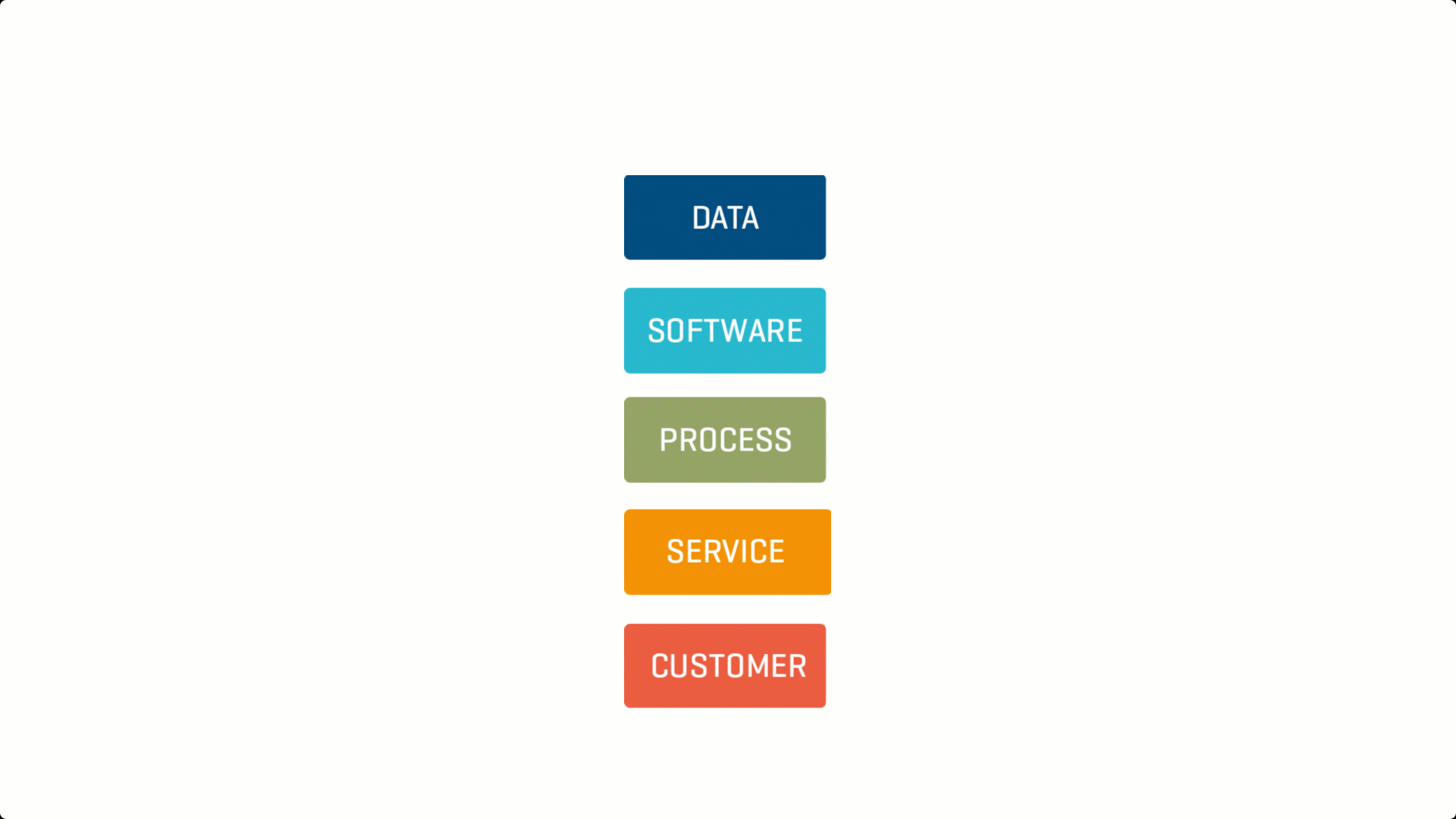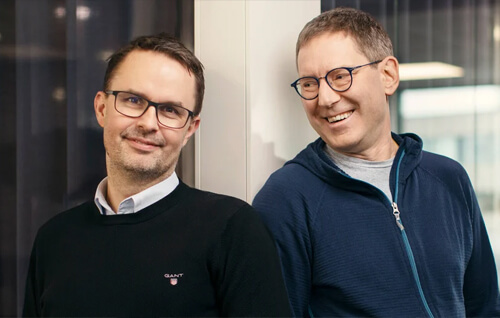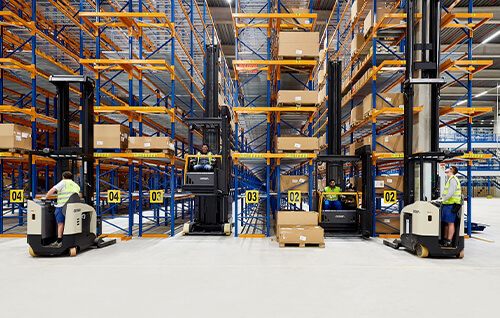
On the Move with Johan Lyreborn - Evaluating Customer-Centric Software
Companies who take a customer centric approach to their business are more likely to build greater brand loyalty, reduce customer churn and increase sales compared to others who don’t.
Yet time and time again, we see businesses investing heavily in technology that improves internal processes such as software for manufacturing or administration with little consideration for the customer experience.
A common mistake we see companies make when evaluating technology, is prioritizing legacy data and specific features when evaluating a potential vendor. Little do they know taking that route they overlook the customer and potentially eliminate a large pool of vendors who could also solve their problems.
So how does a company flip the script and become more customer-centric? It’s simple. Reverse the IT Food Chain to focus on customers first and data last.
WHAT IS THE IT FOOD CHAIN?
The IT Food Chain is a simple way of organizing the criteria businesses evaluate when choosing technology. The food chain is made up of five elements: data, software, processes, service and customer.

- Data is information that has been translated into a form that is efficient for movement or processing.
- Types of data an organization uses depends on their software.
- Process consists of the internal steps of how a service or product is delivered to the customer.
- Service is the external process of how the customer receives the service or product.
In most organizations, the IT department owns the IT food chain. They dictate how technology is implemented and what is prioritized. Typically, the bigger the team and problem, the bigger priority they become. Once again, completely forgetting about the customer.
The first step in becoming more customer-centric is to realize that IT shouldn’t own the priority of technology, sales should. Sales owns the customer experience, and the rest of the company exists because of the customer. Instead of thinking about what type of software can solve an internal problem while supporting legacy data, begin by asking yourself “how would the customer like to receive our service?”.
CREATING A CUSTOMER-CENTRIC IT FOOD CHAIN
By flipping the IT Food Chain and prioritizing the customer, a business can begin their journey of becoming more customer centric.

Customers don’t care about the data or software a company uses, or the process of how the product or service is developed. They care about the service they receive.
Companies should decide how they want to position themselves as a company to begin to understand what service they should deliver. Once this is determined, then they can start to identify the processes to deliver a service in an efficient and appropriate way.
Once the processes are determined, a company can begin to look for software that can support the processes. Once the software is decided, then they can start focusing on the data.
To become more customer-centric, businesses need to be prepared to get rid of current data and stop prioritizing it when searching for solutions. They need to remove themselves from the bad data trap and support new expectations regarding customer service.
SUBSCRIBE FOR MORE CONTENT LIKE THIS
Subscribe to the Configura Blog to get notified whenever we post something new:

















